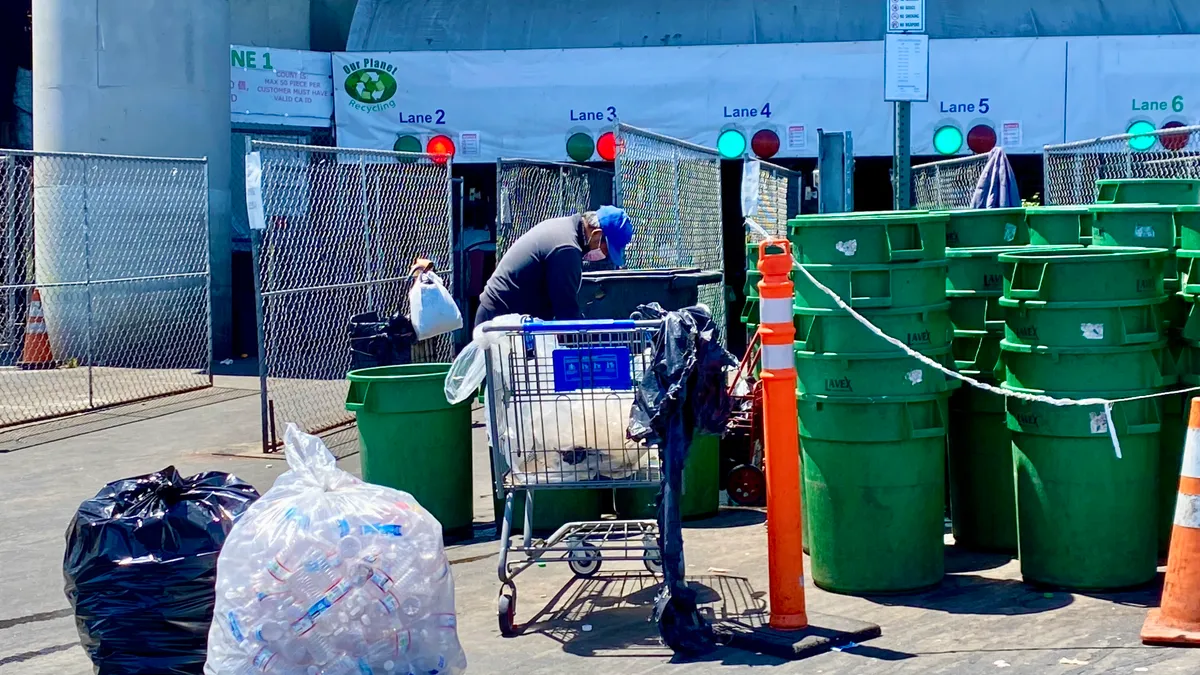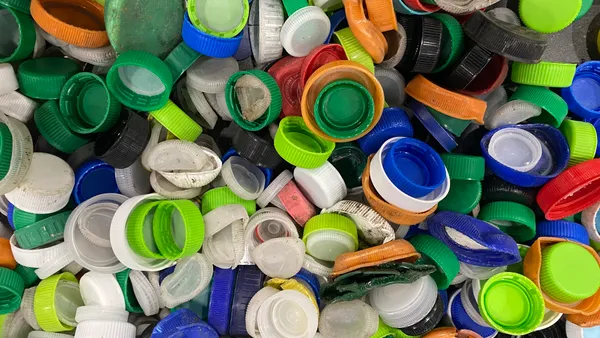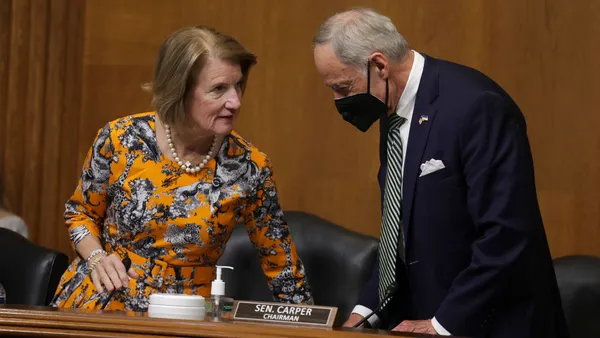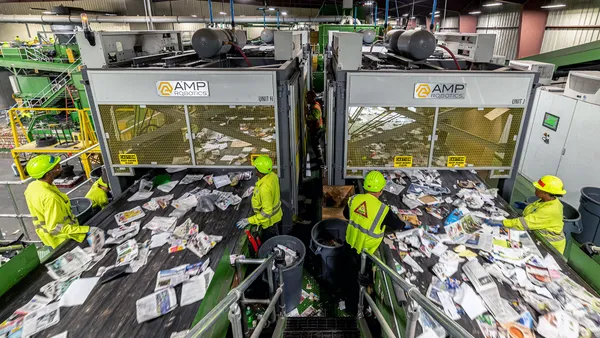UPDATE: The Houston City Council has postponed voting on a new recycling contract until its next meeting. The proposed deal with FCC Environmental Services, now estimated at $48.4 million, would run for 15 years.
Houston's solid waste director presented the latest contract details to the council's housing and community affairs committee on July 18. During that lengthy hearing, and a subsequent meeting of the full council on July 19, members raised a host of questions. Common themes included why FCC's 15-year bid was being considered when the original RFP called for 10 years, how to interpret pricing between the bids and whether the sorting technology in FCC's proposed facility would keep pace with evolving industry trends. Representatives from other companies that bid — as well as one that didn't bid but was previously selected for a now defunct recycling contract — also provided comments.
During the July 19 meeting, Mayor Sylvester Turner spoke at length about his confidence in the procurement process and FCC's proposal. He cited their global reach and recent success in winning contracts with other Texas cities, while also pushing back repeatedly on any criticism about a lack of transparency from the city. Though members left with many questions to be answered, and at least one expressed a desire to start the entire RFP process over, no indication was made yet about plans to vote against the deal. The council will meet again on July 26.
Dive Brief:
- Houston Mayor Sylvester Turner held a press conference on June 28 to announce that the city recommends FCC Environmental Services for its next single-stream recycling processing contract, as reported by the Houston Chronicle. The 20-year deal is worth nearly $57 million, would allow glass back in residential collections and would include a cap on recycling costs. According to Turner, Houston currently spends an estimated $2.9 million per year on its recycling contract with Waste Management and the proposed FCC contract would cost $1.6 million per year.
- FCC would build a new $20 million facility in the city, which CEO Inigo Sanz described as a "flagship" for the company, to house its U.S. headquarters and a material recovery facility (MRF). The MRF would have capacity for up to 35 tons per hour and glass would be sorted at the beginning of the line.
- FCC was one of five companies that responded to the city's request for proposals. Waste Management, Republic Services, Independent Texas Recyclers and Friedman Recycling also submitted. The proposal was supposed to be considered by a Houston City Council committee on June 27, but Turner reportedly pulled it at the last minute due to an unexpected amount of questions and decided to hold a press conference instead. The proposal will now get a committee hearing and could be voted on in the full council as early as July 19. The contract would take effect 14 months after executed.
Dive Insight:
After Turner took office last year he decided to scrap his predecessor's plans for a mixed waste processing system and instead sign a two-year interim contract with Waste Management. Yet glass was a casualty of the deal due to tough commodity markets at the time. Houston has since worked with Strategic Materials to put drop-off locations around the city, and some residents began collecting the material, but public sentiment still favors bringing the material back to the curbside recycling program. FCC has reportedly found success with glass at its new Dallas MRF and appears confident that will also be the case in Houston based on proposed contract terms.
Though based on questions at the press conference, and reactions from council members, not everyone is sold on Turner's plan. Some feel he still hasn't provided a satisfactory response on why the mixed waste plan was dropped, aside from it originating with a previous administration, particularly because the city's current solid waste director was involved in negotiations at the time. Turner was also questioned about why it made sense to accept a $2.4 million loan from FCC to purchase eight new collection trucks at a 10% interest rate and why the city is now calling for a 15-year contract with extensions when the initial RFP said 10 years. Turner, becoming agitated at times, repeatedly emphasized that the deal should be considered in its totality and not compared on individual points.
Some of these individual points may be raised by council members in committee discussions and the final contract language could be altered. Based on past experiences in other cities, it's also possible that some of the bidders that weren't selected, particularly Waste Management, could try to make a public case against the contract. This happened last week in Rowlett, TX when FCC was awarded a contract currently held by the company. The Houston contract is nearly twice as large and based in Waste Management's headquarter city. If FCC's contract is ultimately approved it will be the largest U.S. win yet for the rapidly expanding Spanish operation.












